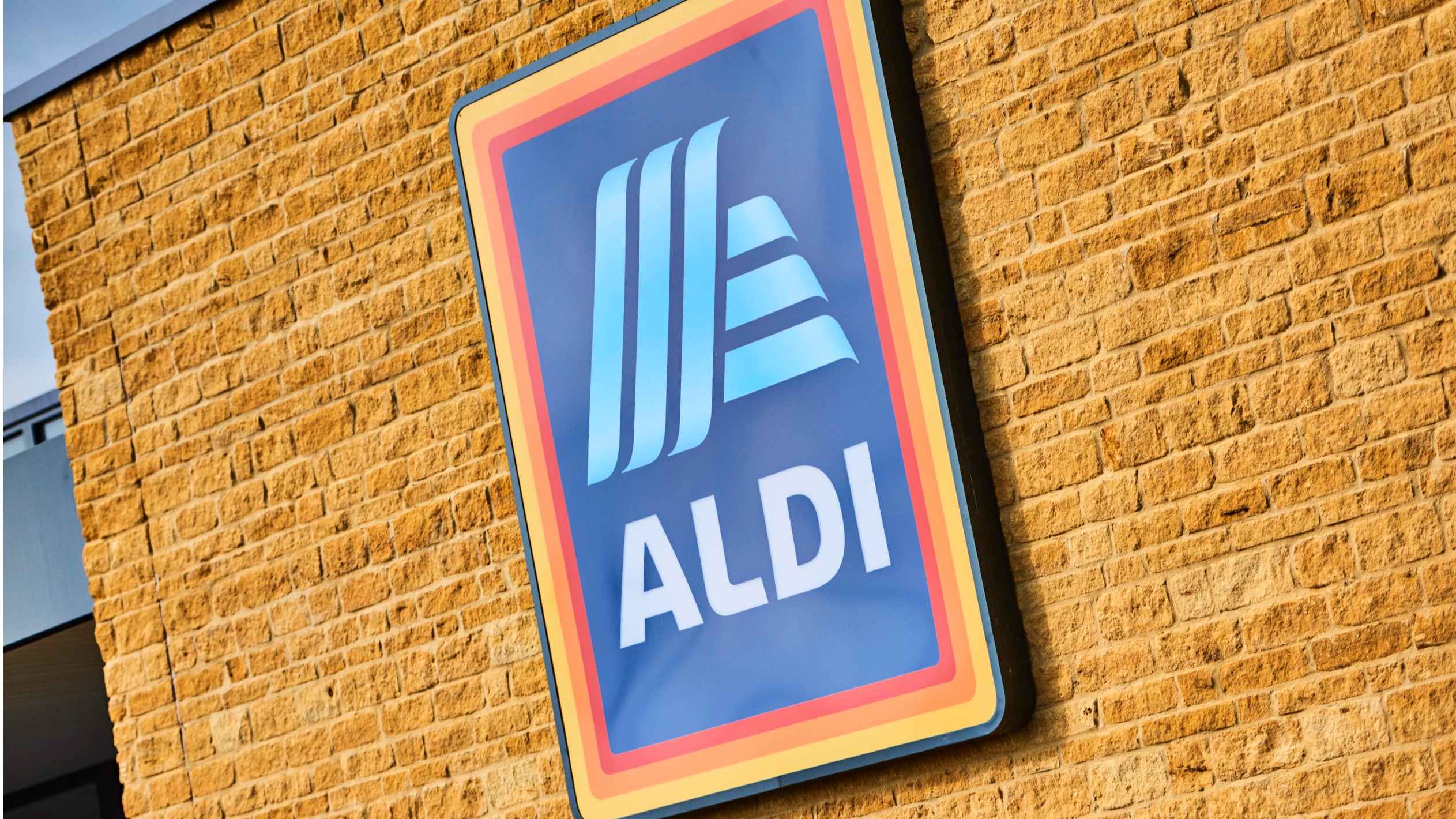Lidl has set up three long-term contracts with British root vegetable suppliers worth over £70 million in total.
The discount supermarket said the move will support farmers through challenging weather conditions and offer them security to invest in their operations.
The contacts will safeguard the supply of vegetables including carrots, parsnips and swedes.
The investment in long-term contracts is part of Lidl’s wider plan to invest £17 billion into the British food industry. The company said it works with around 650 suppliers across the UK to ensure a supply of produce for its customers and has invested in similar initiatives.
Last year, Lidl announced a new exclusive partnership with Kipster to sell more environmentally friendly eggs. The Dutch egg farmer says it has the highest welfare standards, while its eggs produce significantly less carbon, with the remaining offset through the purchase of carbon credits.
"As the whole market faces challenges, including unpredictable weather patterns, our decision to transition suppliers to longer contracts underscores our commitment to supporting local producers,” said Paul Gibson, buying director at Lidl GB. “Not only is it an investment in the quality and consistency of our supply chain, but it’s also testament of our dedication to the British food industry.”
Latest News
-
Tesco makes ‘significant strides’ on safety through body worn cameras
-
Flying Tiger Copenhagen appoints new group chief executive
-
Walgreens cuts over 600 jobs after buyout
-
Mango opens first store in Limerick as part of expansion plan
-
eBay and Etsy to buy Depop for $1.2bn
-
REWE opens automated fresh food facility to serve Berlin outlets
Beyond Channels: Redefining retail with Unified Commerce
This Retail Systems fireside chat with Nikki Baird, Vice President, Strategy & Product at Aptos will explore how unified commerce strategies enable retailers to tear down these barriers and unlock new levels of operational agility and customer satisfaction.
The future of self-checkout: Building a system that works for consumers and retailers
In this webinar, industry leaders discussed what the future of self-checkout looks like and how retailers can make the technology work for everyone.
© 2024 Perspective Publishing Privacy & Cookies









Recent Stories